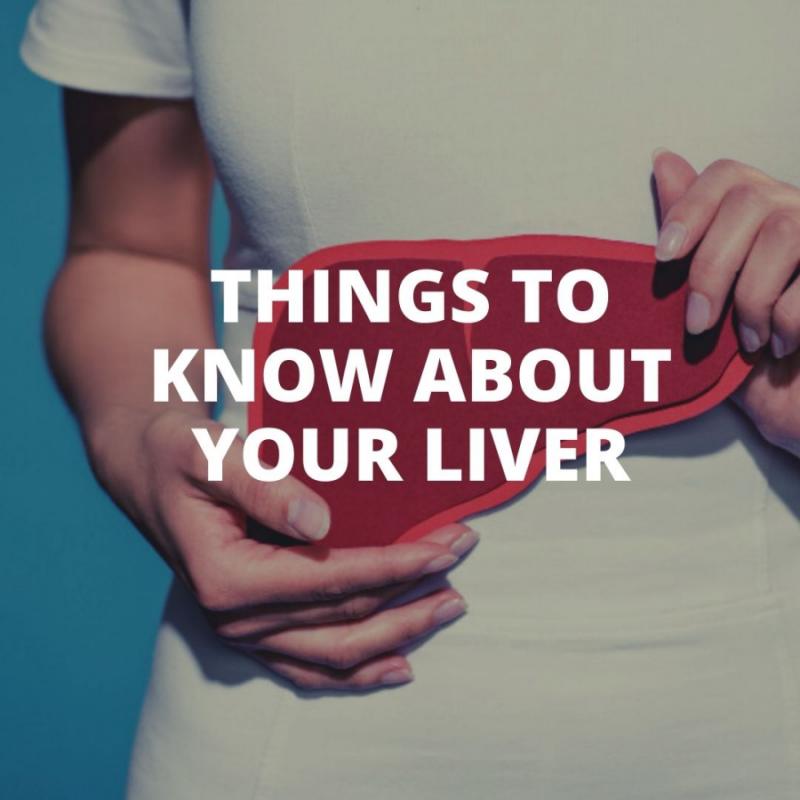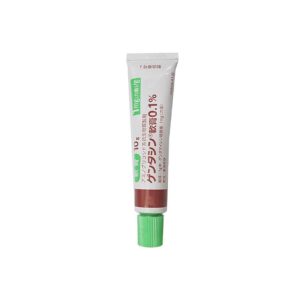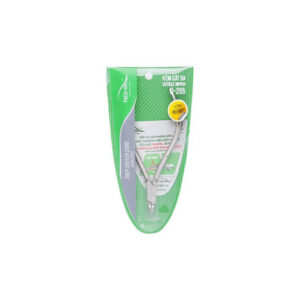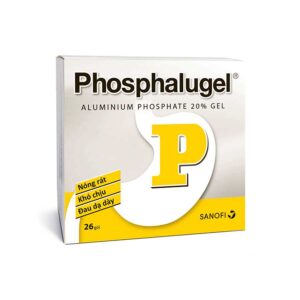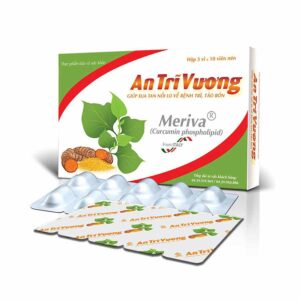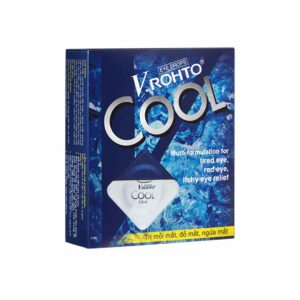The liver is an organ of the body that plays an important role in metabolism and a number of other functions in the body.
1. The role and function of the liver
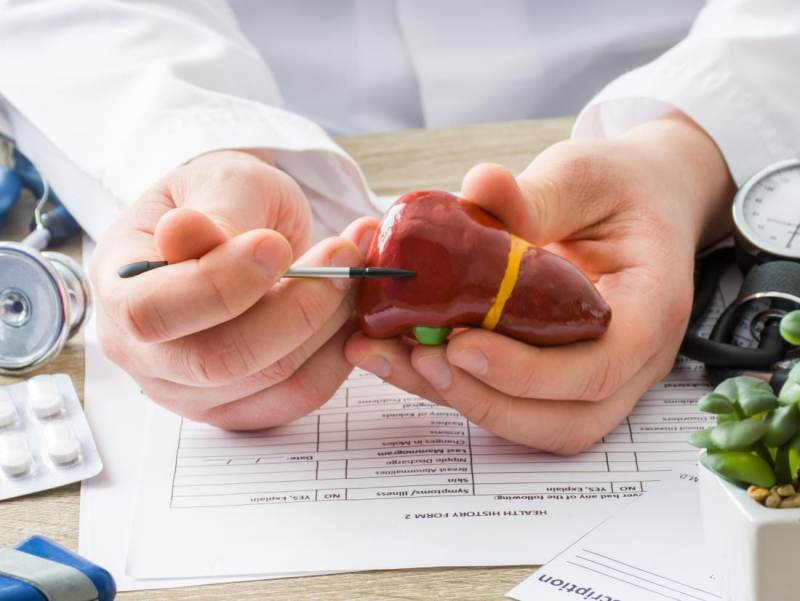
Metabolic function:
The metabolism of basic substances (glucid, lipid, proid) takes place in many different organs and organizations in the body, but in the liver this metabolism takes place very strongly.
– Glucose metabolism: Glucid provides vital energy for the body (it ensures 2/3 of all vital energy in the body). The liver metabolizes glucose through the process of synthesizing glycogen to store the body and increasing the breakdown of glycogen to provide energy for the body.
– Lipid metabolism: Lipid metabolism mainly occurs in the liver. Fatty acids that reach the liver are mostly converted into triglycerides, phospholipids, and cholesterol esters. From these substances, the liver synthesizes lipoproteins and sends them into the blood to be transported to tissues and cells throughout the body.
– Protein metabolism: With protein, the liver is an important metabolic center and also the most important storehouse of the body.
– Proteins are stored in the liver in the form of many enzyme proteins and some functional proteins. These proteins, when broken down, will form amino acids that are taken into the blood to supply other cells in the body.
Anti-poison function:
The liver is considered as a shield of the body that prevents toxins from entering the body through the digestive tract, and at the same time reduces toxicity and eliminates some waste products due to metabolism in the body. create.
Bile generator function:
Bile is produced continuously from the liver cells and is stored in a concentrated store in the gallbladder and from there it is pumped into the small intestine during meals. Bile helps digest fat-soluble foods, helping the body absorb nutrients.
Reserve function
– Storage of fat-soluble vitamins: The liver has the effect of increasing the absorption of fat-soluble vitamins by excreting bile, and is a place to store those vitamins. Some fat-soluble vitamins are stored in the liver such as vitamin A, vitamin D, vitamin E, etc.
– Vitamin B12 storage: After being absorbed, vitamin B12 will be transported to the liver and stored there and then gradually released for the body to use. The amount of vitamin B12 stored in the liver is very large, can be used for about 2 years under normal conditions.
– Iron storage: Iron is stored in the liver in the form of apoferritin bound. From the liver, iron is gradually transported to the bone marrow, participating in the formation of red blood cells.
– Blood storage: The liver is the organ that receives the most blood in the body. Due to the structural characteristics of the liver, the endothelial cells of the male sinuses are not tightly attached to each other, but only stacked on top of each other, making these sinuses more easily dilated and enlarged than usual and thus can accommodate more blood than in other vessels in the body, performing the function of storing blood.
Some other functions:
In addition, the liver also participates in a number of other functions of the body such as blood clotting, anticoagulant and hematopoietic functions.
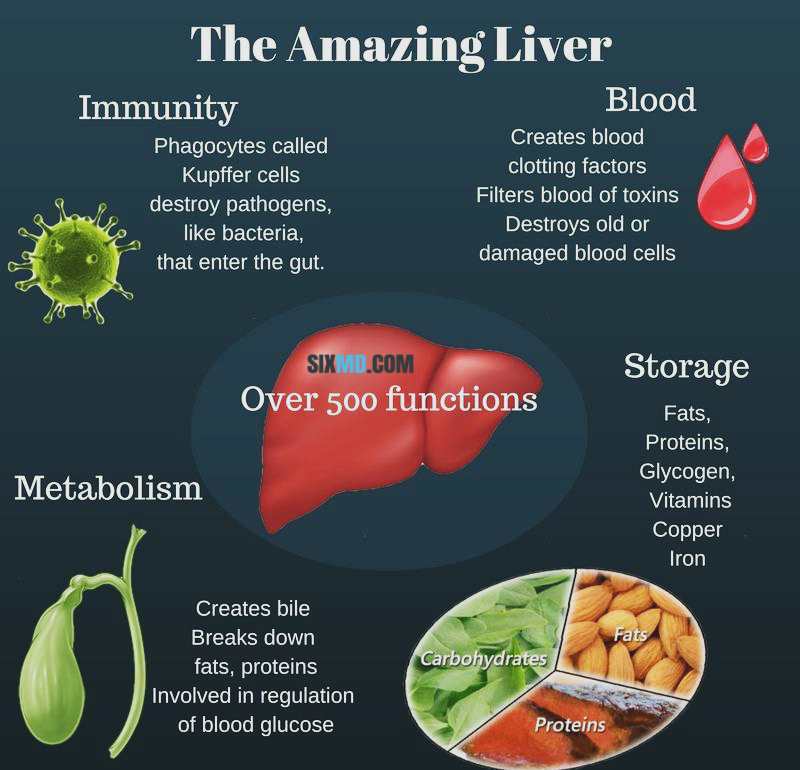
2. Factors that damage your liver
Drink alcohol
In moderate doses, drinking alcohol may have little effect on the liver but when consumed in excess and regularly, it can start to damage your liver gradually. The liver is responsible for cleaning and eliminating toxins. So when you drink too much, this organ has to work twice as hard. This is one of the reasons why the liver’s cleansing function is impaired. The absorption of alcohol in the liver causes fatty liver disease, hepatitis and cirrhosis. It is best to limit alcohol intake completely, or choose wine instead of hard liquor.
Smoking
Although cigarette smoke does not have a direct effect on liver function, the toxic chemicals in cigarette smoke increase oxidative stress on all parts of the body, including the liver, causing damage to the organs liver cells.
Diabets
Having diabetes increases the risk of liver disease by 50%. People with insulin resistance diabetes have high levels of insulin in their blood. This causes visceral fat to accumulate in the liver, causing fatty liver disease.
Add too much nutrition
Supplementing with too much nutrients or having a diet rich in nutrients, not following the instructions of your doctor will overload the production of certain liver enzymes to process that excess. This has a significant effect on the liver. In particular, a well-known cause of liver toxicity is an overdose of vitamin A.
Undergoing chemotherapy treatment
People who undergo chemotherapy to treat cancer have a higher risk of liver damage than others due to the side effects associated with the drugs during chemotherapy.
Tuberculosis
Clinically, tuberculosis can affect the liver once the bacteria that cause tuberculosis enter the liver. In an attempt to fight infection, the liver reacts with the bacteria inside and can lead to tumor formation. This condition is called liver tuberculosis.
Infections
Intestinal infections caused by the yeast Candida interfere with the liver’s detoxification function, which in turn causes damage to the liver. This long-term effect will cause the liver to no longer perform its detoxification function well.
3. How to protect the liver?
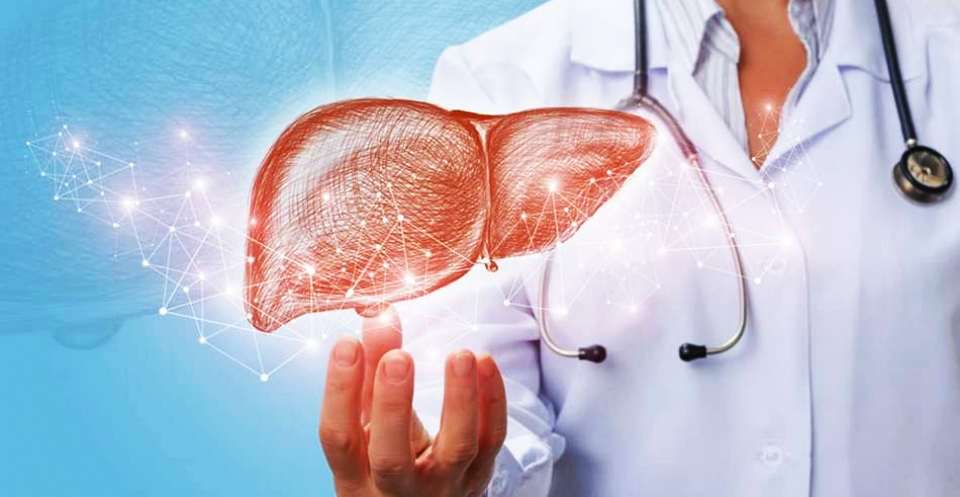
Your liver will thank you
Measures to protect the liver
- Maintain a healthy weight by avoiding fatty foods and staying fit. Replace junk food with healthy foods from all food groups like whole grains, fruits, dairy products, and vegetables.
- Exercise regularly to burn excess fat, if you are overweight.
- Before taking any medication, find out what warnings they have on the product label. Take the medicine according to the dosage recommended by your doctor. Consult your doctor if you are taking multiple medications for different conditions to make sure they are not damaging your liver.
- Good hygiene plays an important role in preventing viral infections.
- Drinking lots of water, avoiding carbonated drinks, caffeinated drinks, alcohol and quitting smoking… also helps to keep the liver healthy.
- Using functional foods to improve the condition of the liver as well as combining the use of foods with other necessary substances to give the body a supple health.
Best Vietnamese supplements for protect and maintenance the liver:
Also read:
9 Foods to Boost Your Immunity
How and for what to use ginseng
Vietnamese Artichoke and its beneficial properties
3 simple tips to make honey for sore throat at home

